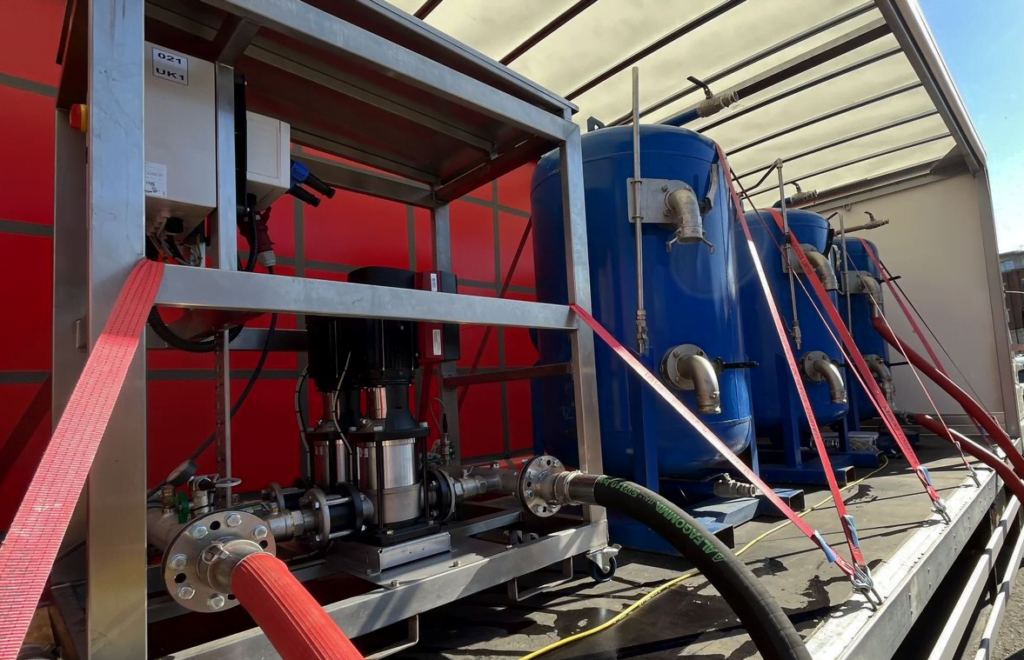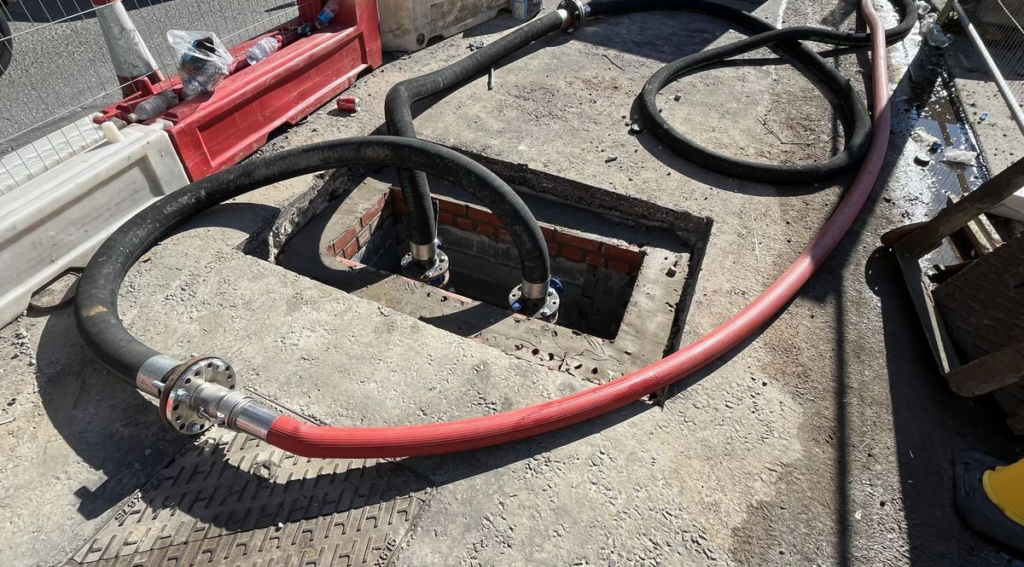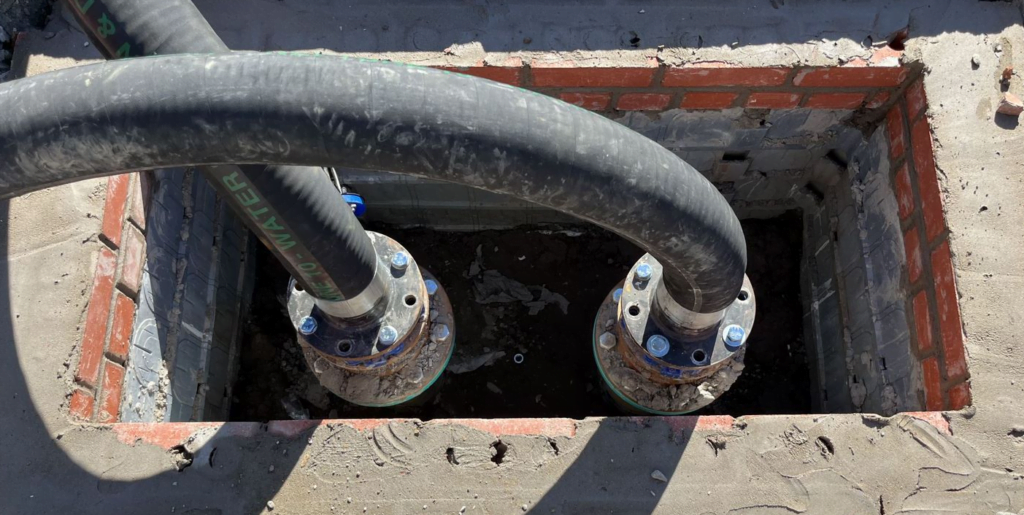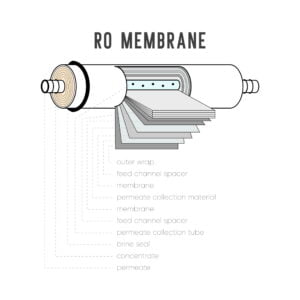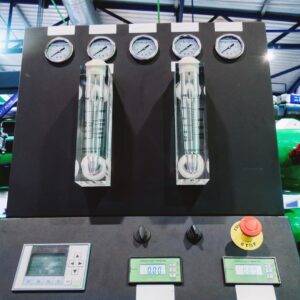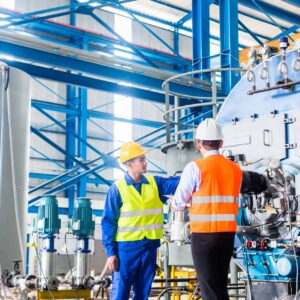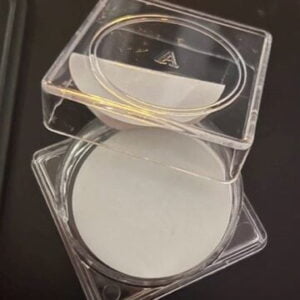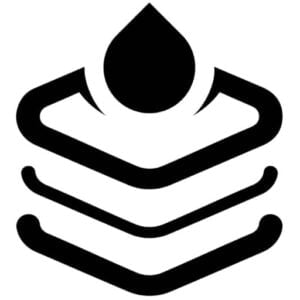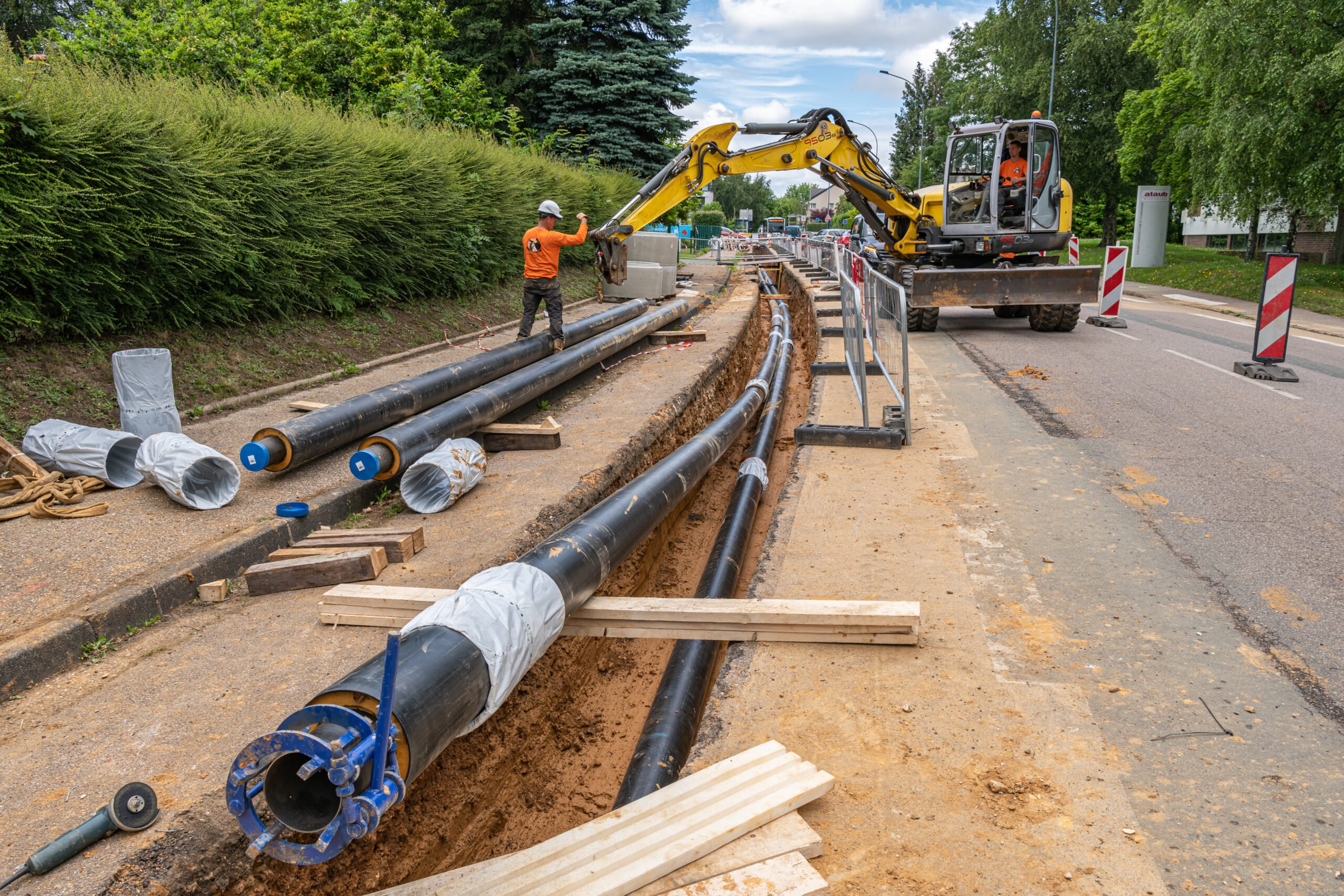
Strategies and Best Practices for Ensuring Reliable District Heating Networks
District heating networks are becoming increasingly common in the UK, which has led to increased demands for demineralised and degassed water.
Often, projects pass through industrial and commercial areas with limited access, such as under busy roads, schools, etc.
In light of the complexity, all efforts need to be made to prevent scale formation and corrosion, if possible without using many different chemicals.
There is now a more significant demand for deminerised water rather than mains or softened water.
Due to this fact more and more projects are looking at the VDI 2025 for guidance.
VDI 2035 is a technical guideline developed by the Association of German Engineers (VDI) for the treatment of water used in heating and cooling systems. The guideline provides recommendations for the quality of the water and the necessary measures to be taken to ensure the long-term operation and reliability of heating and cooling systems.
The VDI 2035 guideline recommends using water that has been softened and demineralized, to prevent the formation of scale and corrosion in heating and cooling systems. It also provides guidance on how to maintain the proper water quality through regular monitoring, testing, and treatment.
The VDI 2035 guideline is widely used in Germany and other countries as a reference for best practices in water treatment for heating and cooling systems. Adherence to the VDI 2035 guideline can help prevent costly damage to equipment, improve system efficiency, and ensure the safe and reliable operation of heating and cooling systems over the long term.
Water surfaces become scaled when dissolved minerals precipitate out of solution and form solid deposits. Often, these deposits are called “scale” or “hard water scale.”
Scale buildup on heat exchange surfaces, for instance, can reduce heat transfer efficiency, increase energy consumption, and cause equipment failure. Furthermore, scale can cause blockages, reduce water flow, and corrode metal pipes and fittings.
Depending on the water source, minerals such as calcium carbonate, magnesium carbonate, and calcium sulfate can cause scaling. Other factors, such as water temperature, pressure, and pH, can also affect scaling severity.
Corrosion can occur when oxygen reacts with metals in a heating system, forming iron oxide or rust.
In the presence of oxygen, metal components in heating systems, such as pipes and radiators, can corrode over time, resulting in leaks and blockages. The corrosion process is accelerated by the presence of water, which acts as an electrolyte and accelerates metal dissolution.
Additionally, corrosion can contaminate water in the system and decrease its quality by rust and other corrosion products. Consequently, system efficiency can be reduced, energy consumption will increase, and equipment lifespan will decrease.
Upon completion of a new network or section of a network, water can easily be treated so that it meets or exceeds the requirements of the VDI2035 specification. Using portable equipment, it is now possible to demineralise soil and remove oxygen from it at the roadside.
After the hydrotesting phase, the system is usually chemically treated then flushed during the commissioning phase. After flushing, the water in the system can be recirculated through an ion exchange mobile mixed bed polishing unit to reduce conductivity to as low as 0.1us/cm.
The water can then be recirculated through a degassing system, where the membrane technology can remove dissolved oxygen below 10ppb.
When the water meets all the specific requirements for the job, chemical treatments can be added to the system such as corrosion inhibitors, biocides before sign off.
The photographs below were taken during a project in 2022.
